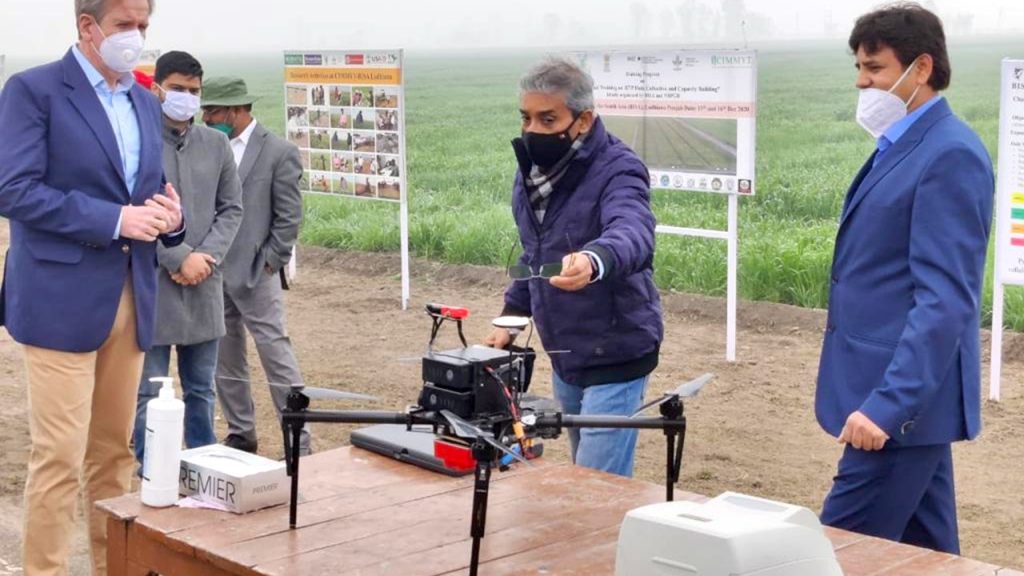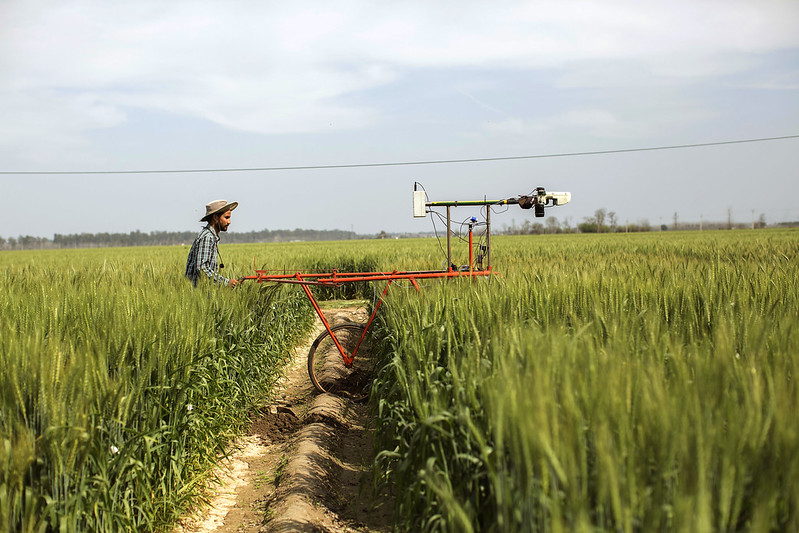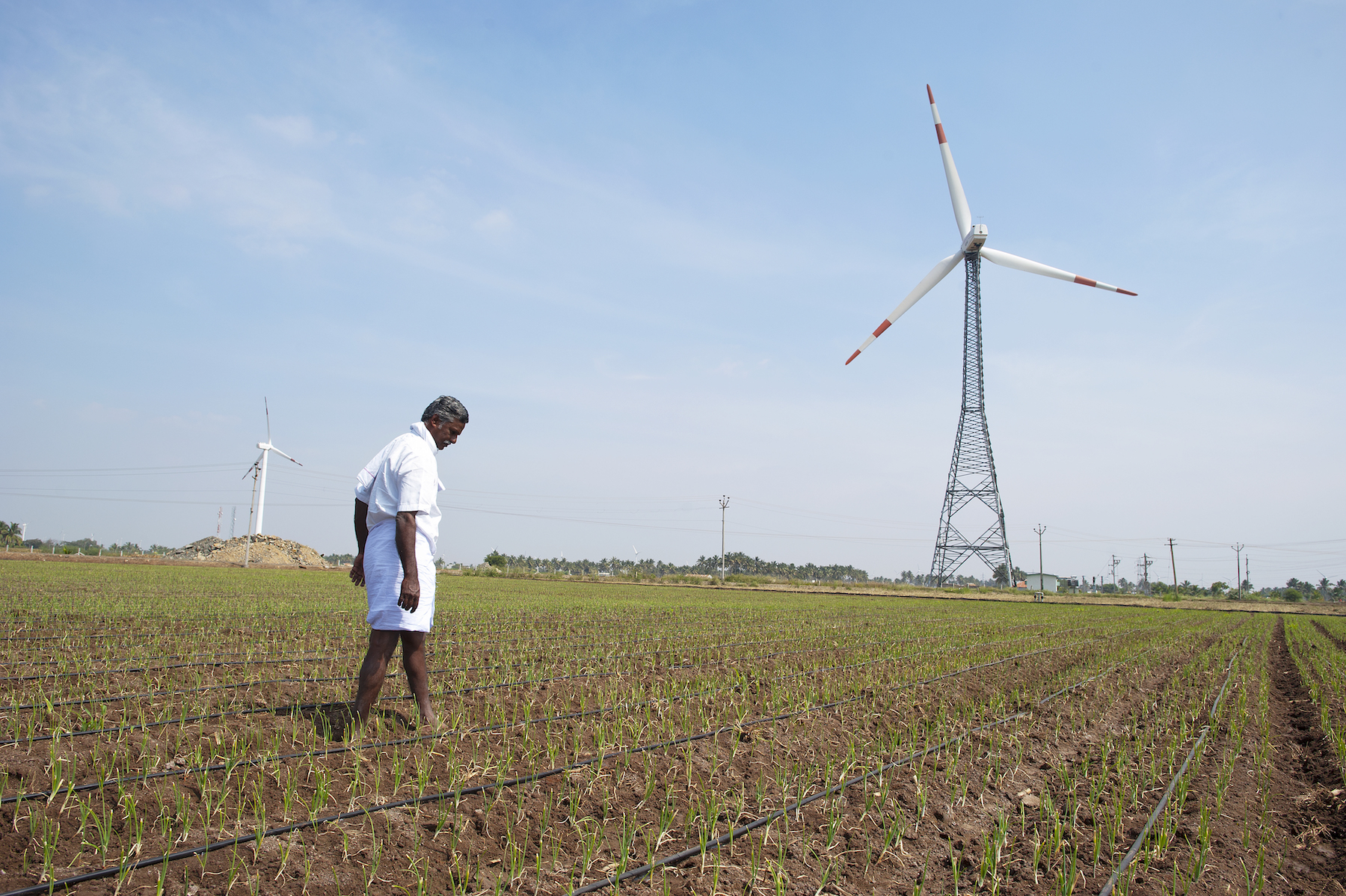
Australia’s High Commissioner to India, Barry O’Farrell, visited the Borlaug Institute for South Asia (BISA) in Ludhiana, India, on January 20, 2021 along with his delegation.
O’Farrell acknowledged the historic role of the International Maize and Wheat Improvement Center (CIMMYT) sharing the seeds of the most recent, climate-resilient, high-yielding, and disease-resistant wheat genotypes. He also appreciated that this work is being continued with even greater vigor by BISA for the benefit of India and the whole of South Asia.
The High Commissioner was happy to note that wheat germplasm is freely shared with public and private sector national partners under constant guidance and collaboration with the Indian Council of Agricultural Research (ICAR) and the Department of Agriculture Research and Education (DARE).
O’Farrell emphasized the strong collaboration between Indian and Australian research institutes. He called for even more cross-learning between scientists and other stakeholders for research, policy and capacity development in the areas of land, water, climatic resilience, environmental sustainability and germplasm enhancement for the benefit of farmers of both countries.
Witnessing science in action
Arun Kumar Joshi, CIMMYT Regional Representative for Asia and Managing Director of BISA, welcomed the group and briefed the visitors on CIMMYT and BISA’s collaboration with ICAR and DARE.
H.S. Sidhu, Principal Research Engineer at BISA, and M.L. Jat, Principal Scientist and Systems Agronomist at CIMMYT, presented the major challenges and research outputs related to climate change, the food-energy-water nexus and the overall agricultural sustainability challenges faced by India.
One of the successful examples of collaboration between Australia and India is the Happy Seeder, which addresses these challenges through conservation agriculture and sustainable intensification. O’Farrell saw the expansive wheat fields sown with the Happy Seeder and was impressed by the technology.
The group also discussed the evidence-based policy changes that have taken place, as well as future strategies for accelerated impact through new approaches, like carbon farming. A detailed discussion took place on climate-smart agriculture research, with a focus on precision water and nutrient management using digital agriculture technologies and their complementarity for boosting Happy Seeder uptake.
The High Commissioner and his delegation also visited the wheat breeding program, where CIMMYT researcher Uttam Kumar explained the development of wheat genotypes — in collaboration with ICAR-DARE and the national agriculture research system — for a range of environments, management conditions, and against various stresses, with the ultimate objective of serving the needs of smallholder farmers.
O’Farrell also appreciated the BISA-designed Phenocart for high-throughput precision phenotyping in wheat improvement. O’Farrell highlighted and appreciated that this season, BISA is conducting the largest wheat breeding trial in South Asia: currently more than 60,000 plots are planted at the BISA station in Ludhiana alone.

 Climate adaptation and mitigation
Climate adaptation and mitigation 